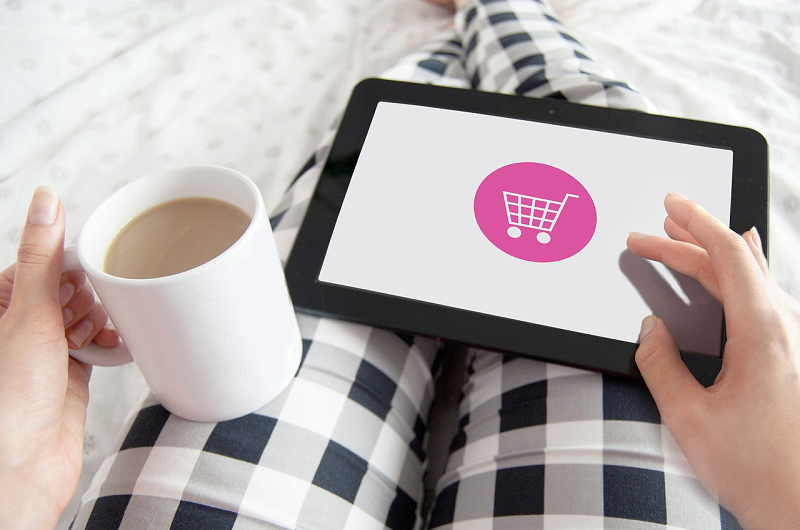Ecommerce revenues and conversions for Food, Electronics and Home goods have seen a rise due to the impact of Covid-19, while the hardest hit verticals have seen a 15% decrease in revenues, according to new research.
The latest data from the Covid-19 Retail Pulse from BounceX soon to be Wunderkind also shows that the hardest hit ecommerce verticals saw a 30% decrease in conversions and 15% decrease in revenue
The Covid-19 Retail Pulse is a new fortnightly data-backed report, based on insight from tens of thousands of customer data points.
Some of the hardest hit verticals – including Educational Supplies, Intimates, and Jewellery and Accessories – saw decreases in demand, with conversions down 30% and revenues decreasing by 15% according to BounceX’s data, as KPMG’s recent quarterly economic outlook warning that the UK economy is expected to contract 2.6% this year, assuming the pandemic can be contained by the summer.
Ecommerce food revenues were the fastest rising category, with online spend up 75% week-on-week, as demand for online grocery deliveries continues to soar, prompting Tesco to restrict online food shops to 80 items in order to ease the pressure on its operations last week.
Homeware and electronics were also up 36% and 30% week-on-week, as the UK practices social distancing and adapts to working from home. Last week, electronics retailer, Dixons Carphone, said its online sales had surged by 72% as Brits rushed to buy laptops and games consoles to cope with the coronavirus outbreak, whilst conversational platform, iAdvize, reported a 40% increase in online tech transactions week-on-week.
Rob Massa, General Manager for BounceX EMEA, commented: “The retailers that we’re seeing breaking their own industry benchmarks, are the ones running promotions like its Black Friday or Cyber Monday. They’re taking deals and making them really prominent on their website so every visitor can’t miss them. They’re also seeing a lot of success by offering tiered promotions that up the percentage discount to customers the more money that they spend.”
Health and Luxury also saw rises to online revenues, up 25% and 24% respectively week-on-week – this follows the trend for so called ‘revenge buying’ in China, where luxury brands and retailers have reported rising sales as consumers indulge in high-end items as its coronavirus restrictions on the public begin to be lifted.
Rob Massa, added: “It’s typical for brands to limit site-wide sales in Q1 after such a promotion-heavy Q4, however many retailers have pulled large sales forward in their promotional calendar, embraced most widely in the Luxury space. Over 60% of luxury brands have had large site-wide sales, an area that’s known among consumers to be notoriously selective with promotions. The gap between the impact on conversions compared to revenue likely suggests that, while many consumers were still hesitant to spend on luxury items, those with spending power took advantage of the rare promotions resulting in a dramatic boost in average order value.”

